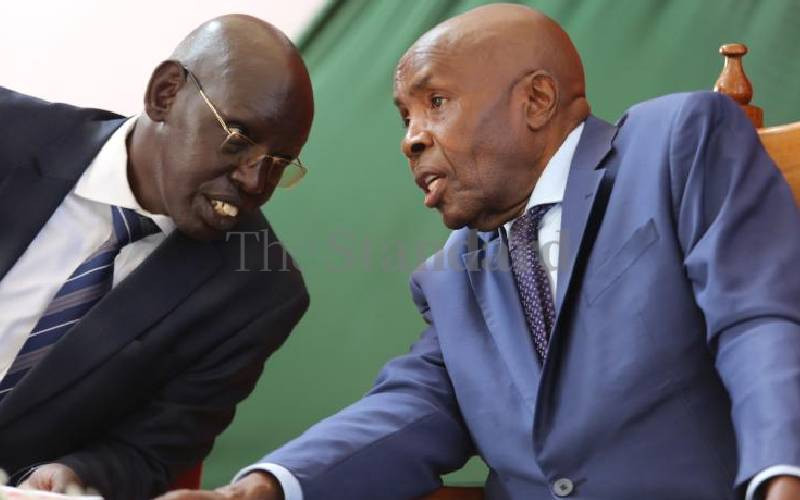×
The Standard e-Paper
Smart Minds Choose Us

It is now emerging that a year since the launch of President William Ruto's reforms in the education sector, the plan to enhance funding for primary and secondary schools has not taken off.
The reforms are contained in a report by Presidential Working Party on Education Reform (PWPER) taksforce that handed over Dr Ruto on August 2, 2023.